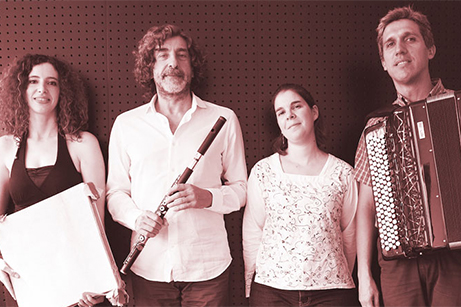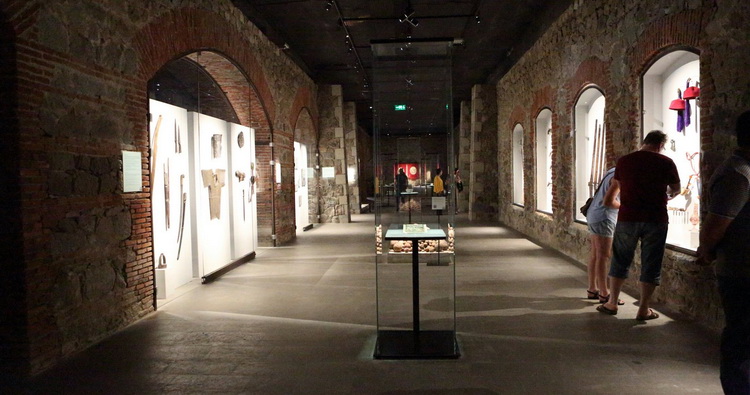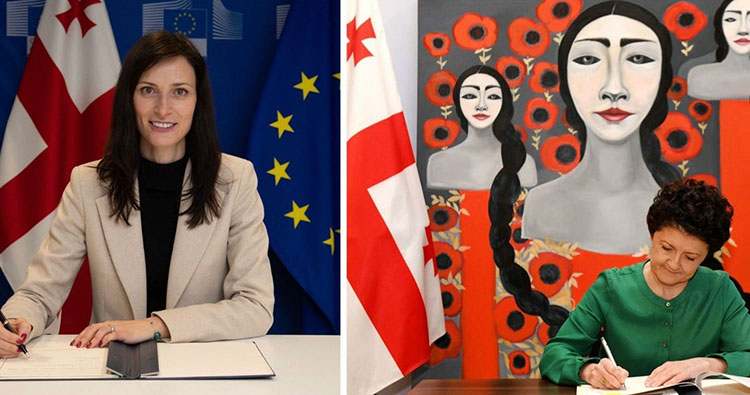Georgia to become Creative Europe member state

Georgia will soon become a member of Creative Europe and reap the benefits of €1 billion in support that will go towards preserving and supporting the country’s culture, including art, theatre, music, traditional dance and more.
Georgia’s Minister of Culture and Monument Protection Mikheil Giorgadze said Georgia’s ascension to become a member of Creative Europe was a good opportunity for Georgia.
Creative Europe is a programme launched by the European Commission in order to provide support to the cultural and audio-visual areas of a country.
Georgia will sign the agreement on February 24 in Brussels, said Minister Giorgadze at a special press conference today.
Once the agreement was signed, Georgia will be the first state from the European Union (EU) Eastern Partnership (EaP) countries to become a member of Creative Europe.
Through this agreement the European Commission will allocate more than a billion Euros to Georgia to develop and support local organisations working in various fields of culture.
The total budget of the project is €1.46 billion for six years (2014-2020), which will be spent on the winning projects. Local organisations working on cultural issues will have an opportunity to work throughout Europe, and this will bring a new audience [to Georgian culture] and [allow Georgia to] implement joint projects with European partners,” Minister Giorgadze said.
Furthermore, candidates from Georgia will be able to participate in trainings, festivals, audience-development and market-access activities.
Georgia’s Foreign Minister Tamar Beruchashvili, State Minister on European and Euro Atlantic Integration David Bakradze and EU Ambassador to Georgia Janos Herman also attended today’s press conference.
Meanwhile, Iceland, Norway, Albania, Bosnia and Herzegovina, Montenegro, Macedonia, and Serbia are currently in the same position as Georgia, with Creative Europe accepting non-EU member countries that meet specific criteria.
 Tweet
Tweet  Share
Share



